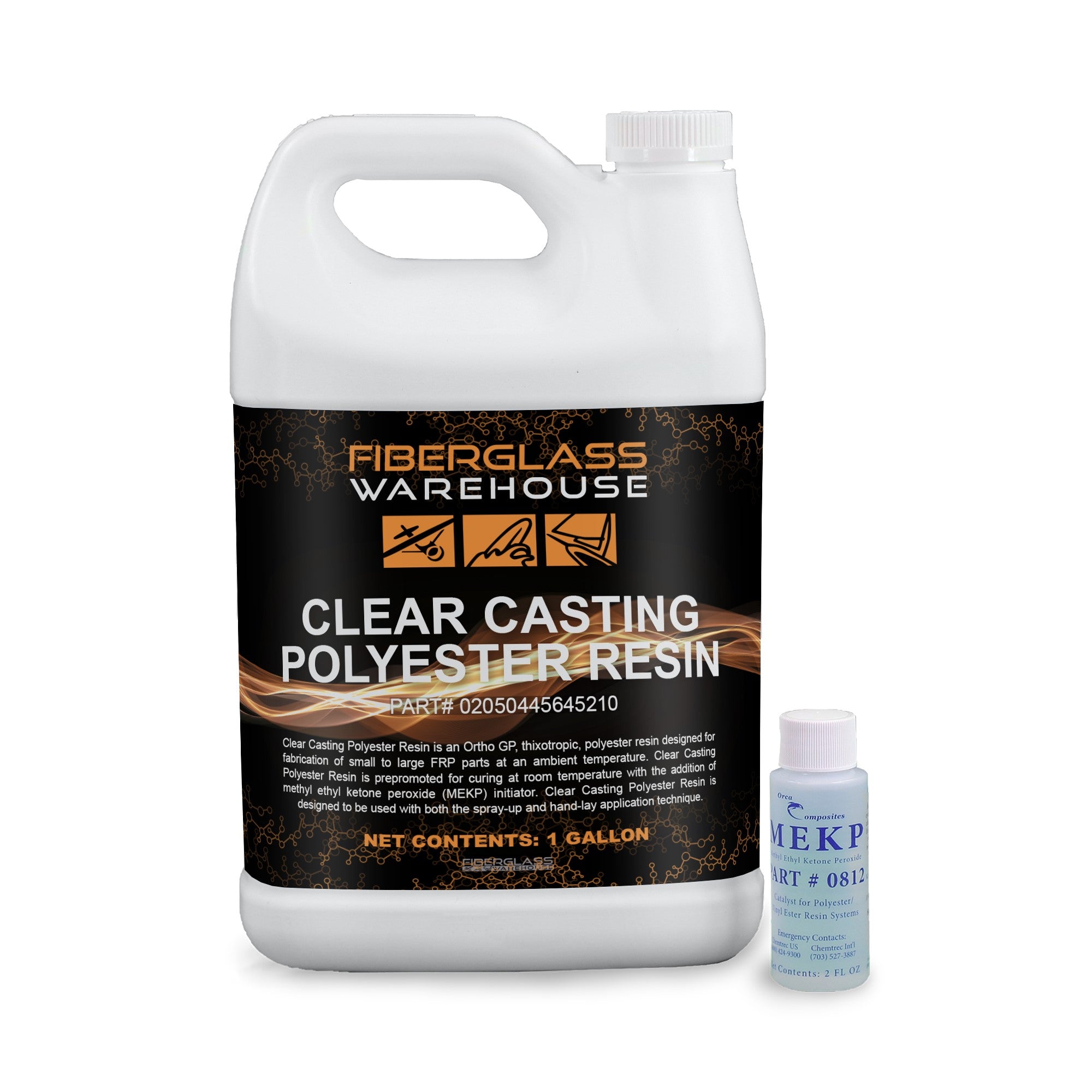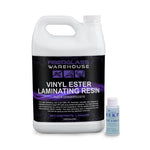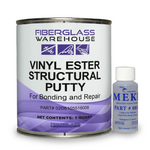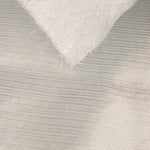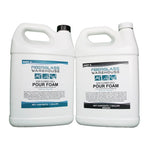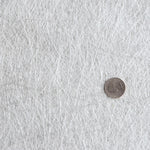You have no items in your shopping cart.
Our Clear Casting Resin is a superior grade orthophthalic polyester resin that wets out easily. It is crystal clear and is designed for thick translucent castings. It has low shrinkage, great dimensional stability and excellent crack resistance. Clear casting resin works great with pigments and is a low viscosity resin. It can be polished to a high gloss finish.
Popular Uses
-Embedding Objects
-Jewelry/Art
-Solid castings
-Encapsulating embedded objects
-Countertops
Needed Supplies (this will vary depending on your project):
- MEKP (methyl ethyl ketone peroxide) is required. This comes with our resin kits.
- Safety clothing- gloves, mask, eye protection
- Mixing/ measuring cups
- Stir sticks or paint paddle
- Cleaning supplies- rags, acetone etc.
Preparation
-Work in a well-ventilated area. Clear casting resin gives off strong fumes. The fumes come from the styrene in the resin.
-Wear proper safety clothing including gloves and a face mask
-Make sure the resin, room and the surface you are working on are heated up to room temperature. The ideal temperature to work in is between 70-85 degrees.
Application
-Make sure the surface is clean and free from contaminates before getting started. The surface and material preparation will be different depending on what is being done- embedding, casting, encapsulating etc.
-If you are embedding objects, you may need to prep the items so it reacts well with the resin. It is imperative that the items are clean and dry including flowers, leaves, shells and other items to be embedded, cast, or encapsulated. Extra care will need to be taken when drying out flowers, leaves and plants. Once they are dried, a hairspray can be used to seal them.
- Paper objects such as photos will need to be sealed before embedding.
-Do a test run with a similar objects to make sure the resin reacts well with it.
-Use a graduated mixing cup to measure the resin
-If adding pigments, add before adding the MEKP catalyst. Follow the manufacturer’s instructions for the pigments/colorants but typically you can use between 1-3% by volume. Make sure the pigments are compatible with polyester resins.
-MEKP can be used between 1% and 2% by volume of resin but this will vary depending on how large of a casting you are working with. The more MEKP that is used, the shorter the pot life/ working time will be. The less MEKP that is used, the more pot life/ working time there will be. Make sure not to over-catalyze the resin or your finished product may get too hot and crack. It could also smoke in the cup if it creates too much heat. If you don’t use enough catalyst, your casting may never cure.
-Mix resin and hardener thoroughly for at least one minute.
-Apply immediately. The casting can be poured between 1/8” and ¼” thick. For a thicker casting, it will need to be applied in layers. Pour in one spot and let the resin work its way around the embedment.
-For best results, work in smaller batches
-Gel time will vary from around 10-20 minutes depending on how much MEKP hardener was added and the room temperature
-Continue adding layers if needed. The subsequent layers can be added once each layer has cured. Clear Casting Resin cures with a tack which helps the layers adhere well together.
On the final layer, if it is going to be in contact with air, you will want to use a PVA, cellophane or release film to inhibit the air. By doing this. you will get a hard tack free finish.
-Cure at room temperature. Curing will take 24-48 hours depending on room temperature. If sanding or polishing, you can do this once the resin is fully cured.
Handling and Storage
Closed resin and MEKP containers should be stored in a cool, dry place. It should be stored at temperatures below 75°F and away from heat sources, sunlight and flames.
Important Notes
-Clear Casting Resin has a shelf life of around 6 months.
-Clear casting resin cures with a surface tack which helps multiple layers to adhere to each other without sanding. A release film should be added on the last layer to create a hard tack free finish.
-Do not add too much MEKP. If too much hardener is added, the finished product can be prone to fractures or resin will become rubbery in the mixing cup.
-If you do not add enough MEKP, your laminate may never cure.
***Always try out a small test batch first. Working with resin is more of an art than a science***



